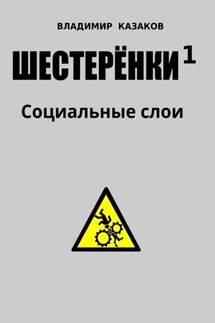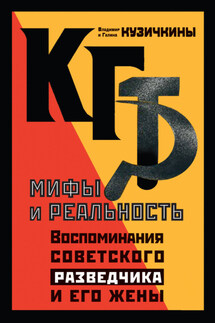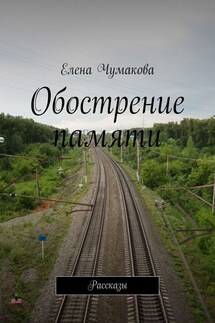Russia 2022 - страница 5
That said, however, it does not mean that there is no law at all in Russia or that law is just a window dressing for a system of hierarchical subordination backed up by force and corruption. On the contrary, Russian law stands on determined and clear legal principles following in its main features the legal principles of the modern Western society. Moreover, in this writer’s view, rule of law is still and was possible even during the darkest years of Russia’s history.
The truth probably is that in Russia the law is competing with other forms of social regulation to a much larger extent than that in most Western countries. This conflict being a part of the everyday life, it largely influences the way business is done in this country and those considering undertaking business in Russia should be prepared for the cumbersome and ineffective work of some governmental bodies, even though in recent years the availability and speed of most government services provided improved drastically, mostly because of widespread governmental e-services; there is a tendency of state authorities and even courts to interpret Russian laws narrowly, reducing one’s private rights, and there is a negligence of the law by certain parts of Russian society. It also shall be taken in account that in recent years protectionist tendencies and so-called “protection of traditional values” are on the rise.
RUS-225
The framework of the Russian legal system is created by the constitution, constitutions of the subjects of the Federation, decisions of the Constitutional Court, decisions and directives of the Supreme Court, international treaties, Federal constitutional laws and Federal laws, Regional laws and ordinances, municipal legal acts, directives and statements of the Central Bank and government ministries and state authorities.
The conflict of legal acts is resolved according to the juridical power of the legal acts. The Constitution has supreme power over the whole territory of Russia. Codes and Federal constitutional laws have more power than Federal laws. A conflict between Regional and Federal laws is decided in favor of a Regional law if one is admitted within the regional competence and vice versa. An international treaty that has been ratified has direct effect and precedence over domestic legislation.
Russia is a civil law country; decisions rendered by courts are not binding on other courts. However, the lower courts generally follow the principles established by the Supreme Courts. Moreover, according to art.304 of the Code of Procedure in Commercial Courts, the Economic Panel of the Supreme Court (until 2014 – Supreme Commercial Court) can set aside a decision of a lower court on the grounds that this decision contravenes uniformity in interpretation of law as established by case law. In practice precedents of the higher courts are becoming an important source of Russian law.
Useful Links / Government Contacts
RUS-250
Russian Law Resources in English: http://www.russianlawonline.com
President of the Russian Federation: http://president.kremlin.ru
The Russian administrative bodies: http://www.gov.ru
Security Council: http://www.scrf.gov.ru
The Council of the Federation: http://www.council.gov.ru
The State Duma: http://www.duma.gov.ru
The Government: http://www.pravitelstvo.gov.ru



![Bo][ing Day истребить «колхозника»](/uploads/covers/fe/bo-ing-day-istrebit-kolhoznika.jpg)



